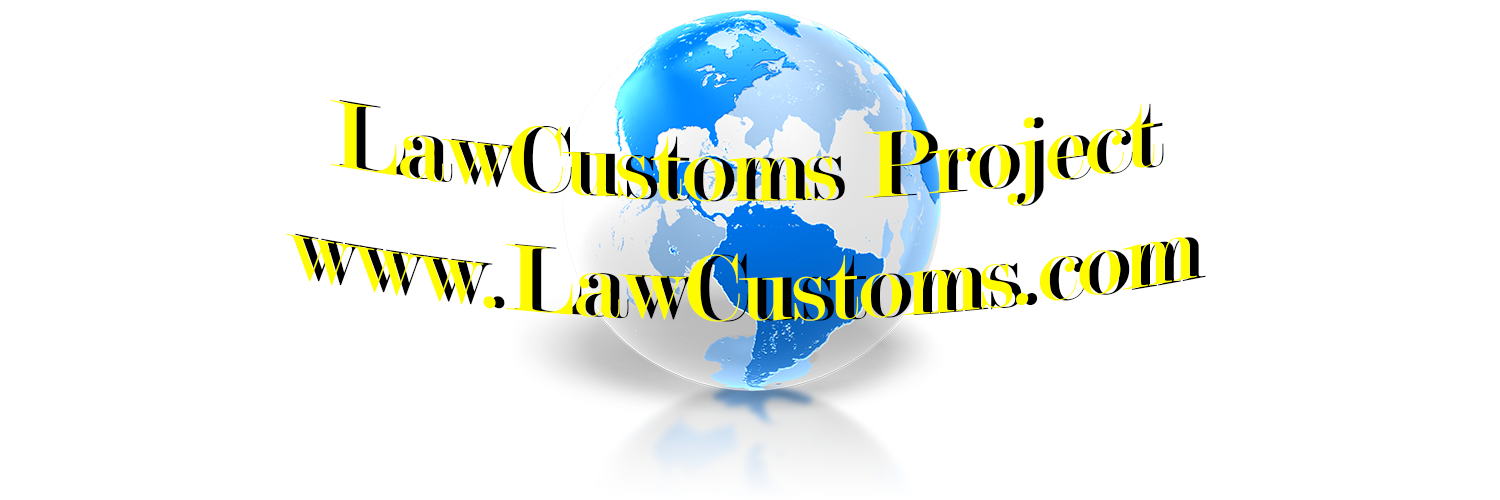In the Corning Gilbert Inc. v. U.S., importer asked the Court of International Trade for an opinion about Customs and Border Protection (CBP) role in enforcing decisions of other agencies. …
Tag: <span>Intellectual Property Rights</span>
Customs and Border Protection (CBP) scrutiny over intellectual property rights (IPR) is on the rise. CBP reports on seizures are increasing and the agency begins incorporating IPR issues in the…
